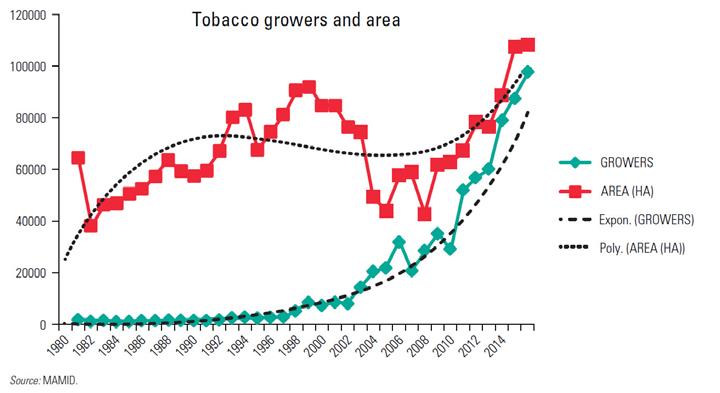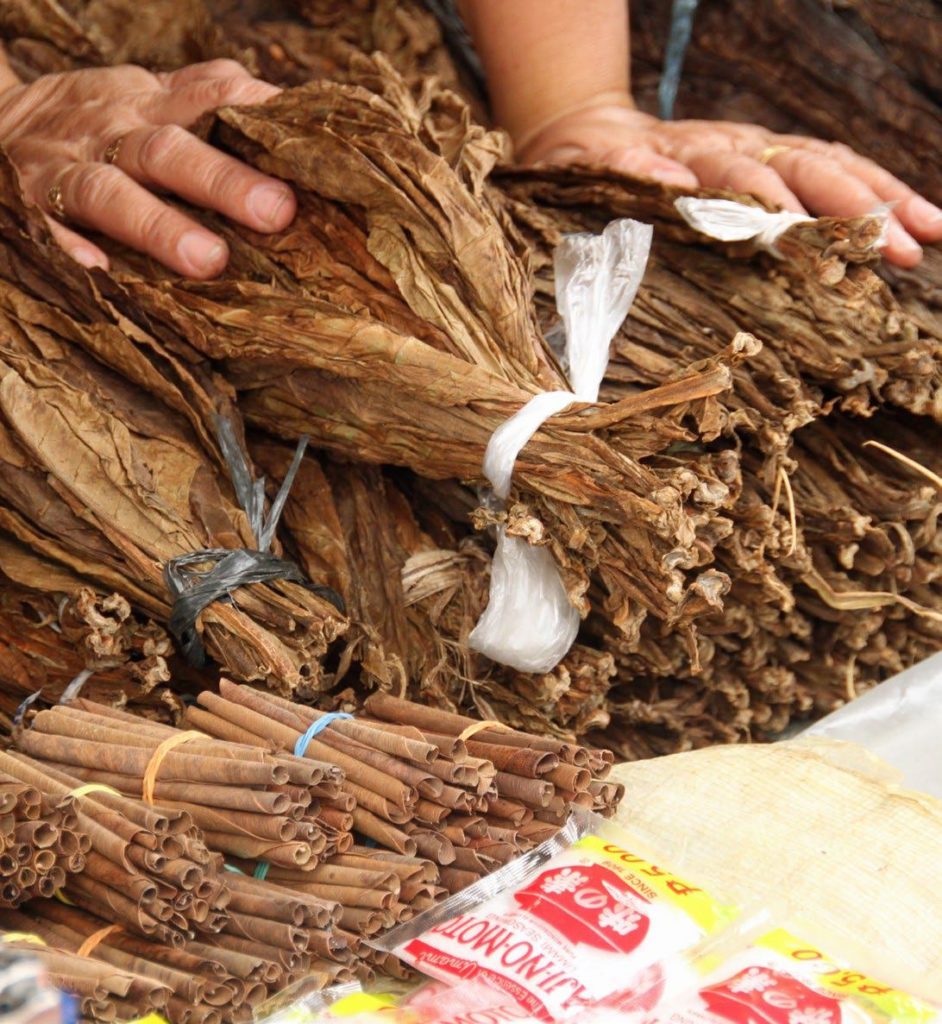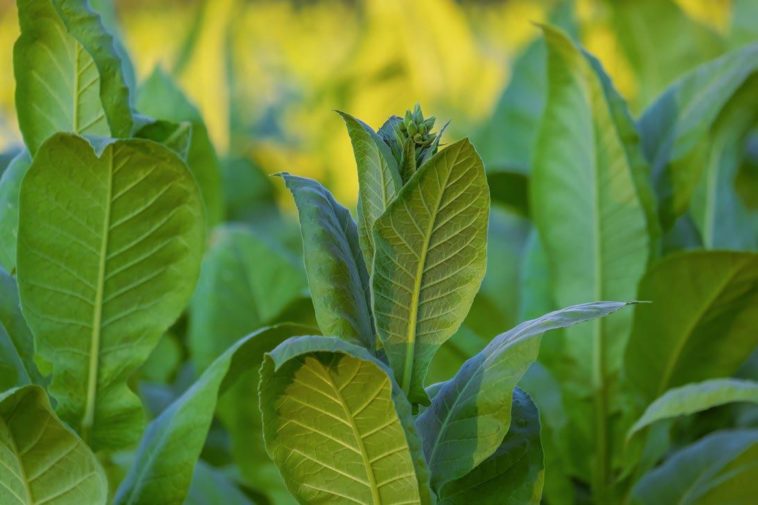Zimbabwe is the largest producer of tobacco in Africa. The plant, also known as the ‘golden leaf’ has been the backbone of the country’s agricultural economy. Tobacco constitutes 38,6% of Zimbabwe’s agricultural industry. Maize contributes about 10% with various other legumes making up the difference.
The Zimbabwe Tobacco Association was formed in 1928 and has been aiding the development of the industry over the past ninety-one years. These days they represent both commercial and emerging farmers. They provide research through the Tobacco Research Board, and training through the Blackford by Agricultural Institute. These are examples of how a healthy industry generates economic opportunities beyond the primary sector. But is it in danger of going up in smoke? In the past year the country harvested a new record of 257 million kilograms of tobacco despite the persistent drought in the country.
However, this does not mean that the Zimbabwean farmers are jumping for joy. In fact, many of the tobacco producers have decided to opt out of the industry. This is because the record-high harvest was accompanied by a record-low market price. This year’s prices, at US$2,03 per kg, were 30,52% lower than the average price of US$2,92 per kg paid in 2018. This meant that many farmers could not cover their expenses. In many countries, such as South Africa, the official policy on the use of tobacco products is not friendly. Strict laws that prohibit smoking in public places have been implemented over the past two decades. In 2019 new smoking laws made headlines again in SA. The proposed restrictions include the banning of smoking in all indoor public spaces, including designated smoking areas in restaurants.

Photo: Couleur, Pixabay.
When smoking outside, it should also be within the boundaries of a smoking area and may not be closer than 10 meters from the nearest building. These laws and restrictions are motivated by the World Health Organisation (WHO) showing that it is not only a national movement, but rather a global trend to stop the use of tobacco products.
This is clear when one sees the list of countries that joined the WHO in their Framework Convention of Tobacco Control (FCTC) which aims to have stricter regulations on the use of tobacco products, as well as clamping down on the illegal cigarette trade by 2030. How does this affect the farmer? While there is a battle of wills going on between legislature and corporations about the production and selling of tobacco products, the farmers who are producing the crops are being forgotten.

Could it be time for Zimbabwean farmers to consider alternative crops? If so, the Zimbabwean government will lose the highest foreign currency earner in the country. Tobacco exports are responsible for most of the country’s foreign currency income.

The idea of ending the tobacco farming industry is simply not viable. According to the Zimbabwe Tobacco Association there are 180 000 tobacco growers in Zimbabwe as of 2019. The economic impacts of the industry are simply too far reaching for people to stop farming with tobacco, or to stop the use of tobacco products. With the current economic situation that Zimbabwe is facing, one can only hope that the authorities will nurture the tobacco farmers and aid them in expanding their enterprises in order to create more jobs and stimulate growth.









